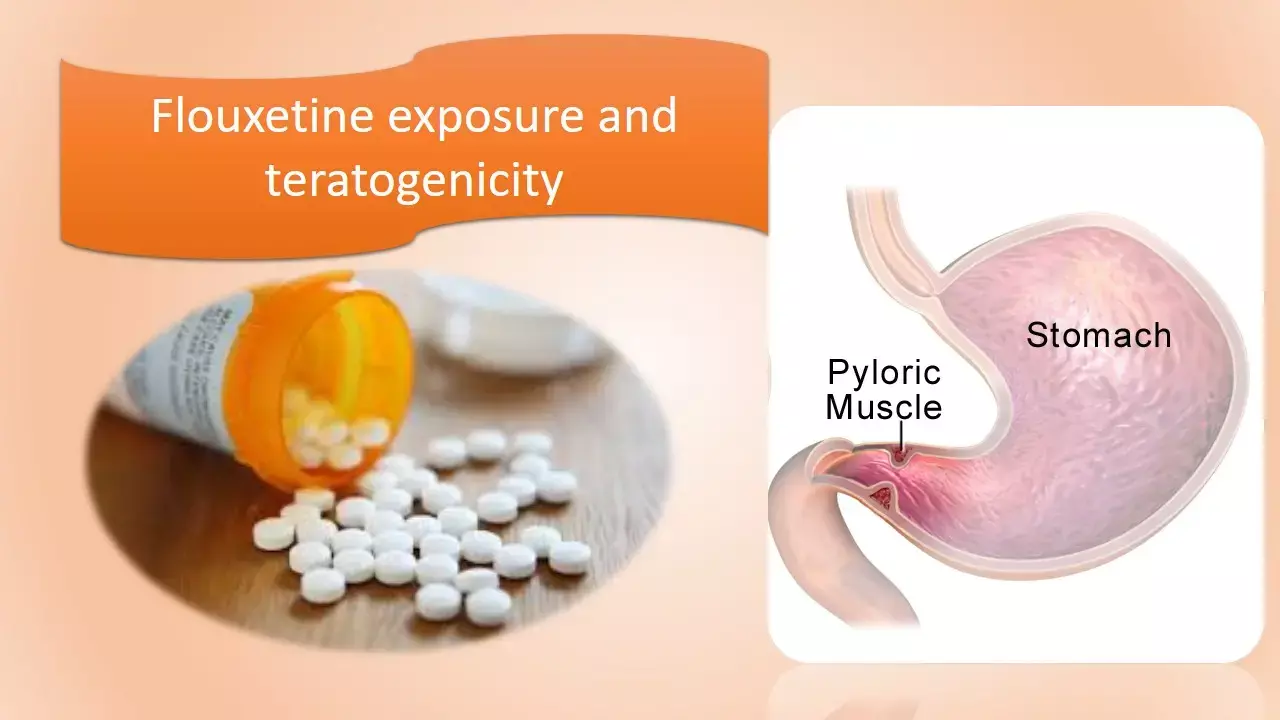- Home
- Medical news & Guidelines
- Anesthesiology
- Cardiology and CTVS
- Critical Care
- Dentistry
- Dermatology
- Diabetes and Endocrinology
- ENT
- Gastroenterology
- Medicine
- Nephrology
- Neurology
- Obstretics-Gynaecology
- Oncology
- Ophthalmology
- Orthopaedics
- Pediatrics-Neonatology
- Psychiatry
- Pulmonology
- Radiology
- Surgery
- Urology
- Laboratory Medicine
- Diet
- Nursing
- Paramedical
- Physiotherapy
- Health news
- Fact Check
- Bone Health Fact Check
- Brain Health Fact Check
- Cancer Related Fact Check
- Child Care Fact Check
- Dental and oral health fact check
- Diabetes and metabolic health fact check
- Diet and Nutrition Fact Check
- Eye and ENT Care Fact Check
- Fitness fact check
- Gut health fact check
- Heart health fact check
- Kidney health fact check
- Medical education fact check
- Men's health fact check
- Respiratory fact check
- Skin and hair care fact check
- Vaccine and Immunization fact check
- Women's health fact check
- AYUSH
- State News
- Andaman and Nicobar Islands
- Andhra Pradesh
- Arunachal Pradesh
- Assam
- Bihar
- Chandigarh
- Chattisgarh
- Dadra and Nagar Haveli
- Daman and Diu
- Delhi
- Goa
- Gujarat
- Haryana
- Himachal Pradesh
- Jammu & Kashmir
- Jharkhand
- Karnataka
- Kerala
- Ladakh
- Lakshadweep
- Madhya Pradesh
- Maharashtra
- Manipur
- Meghalaya
- Mizoram
- Nagaland
- Odisha
- Puducherry
- Punjab
- Rajasthan
- Sikkim
- Tamil Nadu
- Telangana
- Tripura
- Uttar Pradesh
- Uttrakhand
- West Bengal
- Medical Education
- Industry
Infantile pyloric stenosis after maternal exposure to fluoxetine: A case report

Manipal. There is a dearth of case reports about the effects of maternal exposure to fluoxetine on the fetal enteric nervous system. A recent case report published by Ritwik Ghosh in Asian Journal of Psychiatry describes infantile hypertrophic pyloric stenosis following maternal exposure to fluoxetine in the antenatal period. The biological plausibility is proposed to be due to occupation of 5HT2B receptors by fluoxetine which hinders the binding of serotonin to these receptors causing impairment in the proliferation of the interstitial cells of Kajal (ICC) resulting in impaired development of slow-wave peristalsis.
Infantile hypertrophic pyloric stenosis (IHPS) is a gastrointestinal disorder in which the tone of the pyloric muscle of the stomach is increased because of which the child develops projectile non-bilious vomiting after feeds.
A 26-year-old married lady, on fluoxetine 40mg, presented with a history of sexual obsessions for the previous 4 months was admitted and diagnosed with Obsessive- compulsive disorder (OCD) - predominantly obsessional thoughts. Mental status examination showed depressed mood, depressive cognitions, and obsessions with good insight.
Based on symptom severity, Fluoxetine was increased to 60 mg daily. The patient was found to be 2 months into pregnancy at this time. The patient and family were then counseled about the risks and benefits of continuation of treatment and pregnancy based on which it was decided that the pregnancy and treatment shall be continued.
She responded well to Fluoxetine and showed significant improvement in both obsessive and depressive symptoms. She stopped Fluoxetine a week before her delivery on her own as she was maintaining well and did not experience a discontinuation syndrome after stopping it.
The child was born at 37 weeks, and subsequently diagnosed with nonatal hyperbilirubinemia. Breastfeeding was established as the baby was active and feeding well.
Post-discharge, the neonate was maintaining well till he was 26 days old when he developed projectile vomiting with visible peristalsis in the upper abdomen after each feed, for which the child was admitted (Bodyweight- 3.09 kg). Abdominal ultrasound revealed features of Infantile hypertrophic pyloric stenosis(IHPS) with a pyloric wall thickness of 4 mm and pyloric canal measuring 16 mm. Surgical correction of IHPS was done by Ramstedt's pyloromyotomy and post-operative follow-up 3 weeks after the procedure was uneventful with the baby gaining the required weight (3.57 kg) as per age with no feeding difficulties.
The case introduces the consideration of perinatal exposure to selective serotonin reuptake inhibitors (SSRIs) as a cause of IHPS in infants. SSRIs are considered the first line of treatment for OCD as well as major depressive disorder. However, there is growing evidence that suggests that maternal exposure to SSRIs can have adverse effects on the fetus in the form of anomalies, especially cardiac.
The effect of fluoxetine on the digestive system is rather inconclusive. "It has been noted that the proliferation of interstitial cells of Kajal (ICC), a process that is influenced by the 5 HT2B receptors of the GI tract, is essential for the development of effective gastric peristalsis:, note authors in discussion.
This provides a probable mechanism of fluoxetine induced 5HT2B blockade and subsequent inhibition of paralysis.
Source: Asian Journal of Psychiatry: doi: 10.1016/j.ajp.2021.102804
M.B.B.S, M.D. Psychiatry
M.B.B.S, M.D. Psychiatry (Teerthanker Mahavir University, U.P.) Currently working as Senior Resident in Department of Psychiatry, Institute of Human Behaviour and Allied Sciences (IHBAS) Dilshad Garden, New Delhi. Actively involved in various research activities of the department.
Dr Kamal Kant Kohli-MBBS, DTCD- a chest specialist with more than 30 years of practice and a flair for writing clinical articles, Dr Kamal Kant Kohli joined Medical Dialogues as a Chief Editor of Medical News. Besides writing articles, as an editor, he proofreads and verifies all the medical content published on Medical Dialogues including those coming from journals, studies,medical conferences,guidelines etc. Email: drkohli@medicaldialogues.in. Contact no. 011-43720751


